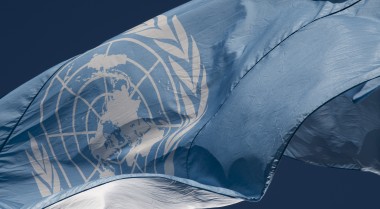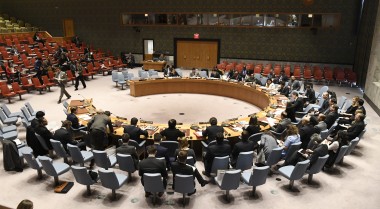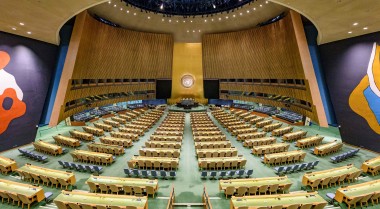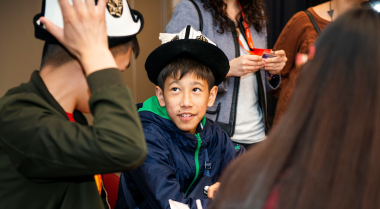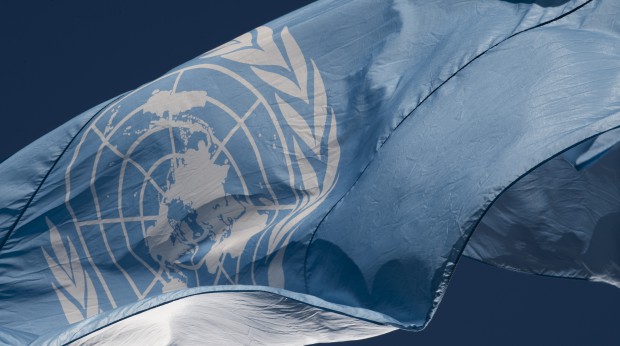
Strengthening the Implementation of Peacebuilding and Sustaining Peace
The 2015 Peacebuilding Architecture Review presented an opportunity to reconsider peacebuilding and shift the point of political analysis towards understanding risk and resilience factors within a society with a long-term vision aimed at sustaining peace by continuously adapting institutions, norms, attitude and capacities at all levels of society and resulted in the UN Security Council and General Assembly adopting twin resolutions on sustaining peace (A/70/262 and S/2016/2282).
Since then, the efforts to advance sustaining peace are operationalized through the recommendations of the 2018 Secretary-General’s report on peacebuilding and sustaining peace, UN reforms, and the UN institutional efforts to advance peacebuilding action across all policy agendas. The changes requested by the sustaining peace agenda are mostly procedural, requiring “the change in the ways things are done”.
As the result of the 2020 Peacebuilding Architecture Review, the international community has come to understand that more needs to be done to realize the goals of sustaining peace. The Peacebuilding Commission, specifically, in its 2 July 2020 letter of the Peacebuilding Commission Chair to the Security Council and the General Assembly recognised the importance to measure success on sustaining peace “in terms of impact rather than outputs”, in partnership with civil society.
As ambitious as this is -- what impact does the sustaining peace agenda really have on the ground?
GPPAC members in Sudan, Somali and Mozambique mobilize to answer this very question, and to assess how the peacebuilding and sustaining peace agenda, including the recommendations from the SG report, other UN reforms, and peacebuilding integration in other areas of UN work, have helped advance and sustain peace at the field level.
Peacebuilding and sustaining peace cannot be effectively measured through a global policy framework -- instead, the measurement should be context-specific and locally-informed, locally driven, inclusive and operationalised through the early warning and early response (EWER) monitoring and evaluation frameworks attached to action at the field level.
So how will GPPAC assist in measuring inclusive and locally-informed impact of the UN peacebuilding and sustaining peace agenda in Sudan, Somalia, and Mozambique?
- Collecting and analysing existing policies, frameworks and programmatic activities related to peacebuilding
- Gathering data from country-level risk and resilience indicators
- Compiling and analyzing qualitative information through a participatory approach utilizing impact stories, personal accounts, behavioral change evidence, and other contextual developments and gathering quantitative information such as risk and resilience data, monitoring and evaluation data
GPPAC’s efforts will be assisted through the following partnerships:
- In Sudan, GPPAC will partner with Justice Call and Life & Peace Institute;
- In Somalia, GPPAC will partner with Save Somali Women and Children and Life & Peace Institute;
- In Mozambique, we will partner with Voices in the Vision for Africa (VIVA), Swaziland Justice and Peace institute, and ProPaz.
Ultimately, this project will contribute to more impactful and coherent UN global policy objectives and, simultaneously, donor priorities on prevention and sustaining peace at the field level. The value of this project is that the international community will learn, reflect and adjust their efforts accordingly to ensure that peacebuilding and sustaining peace efforts produce meaningful results at the field level.
Check this page regularly to get more updates about the project.
Reach out to Marina Kumskova at un.liaison@gppac.net if you are interested in engaging in this project.
